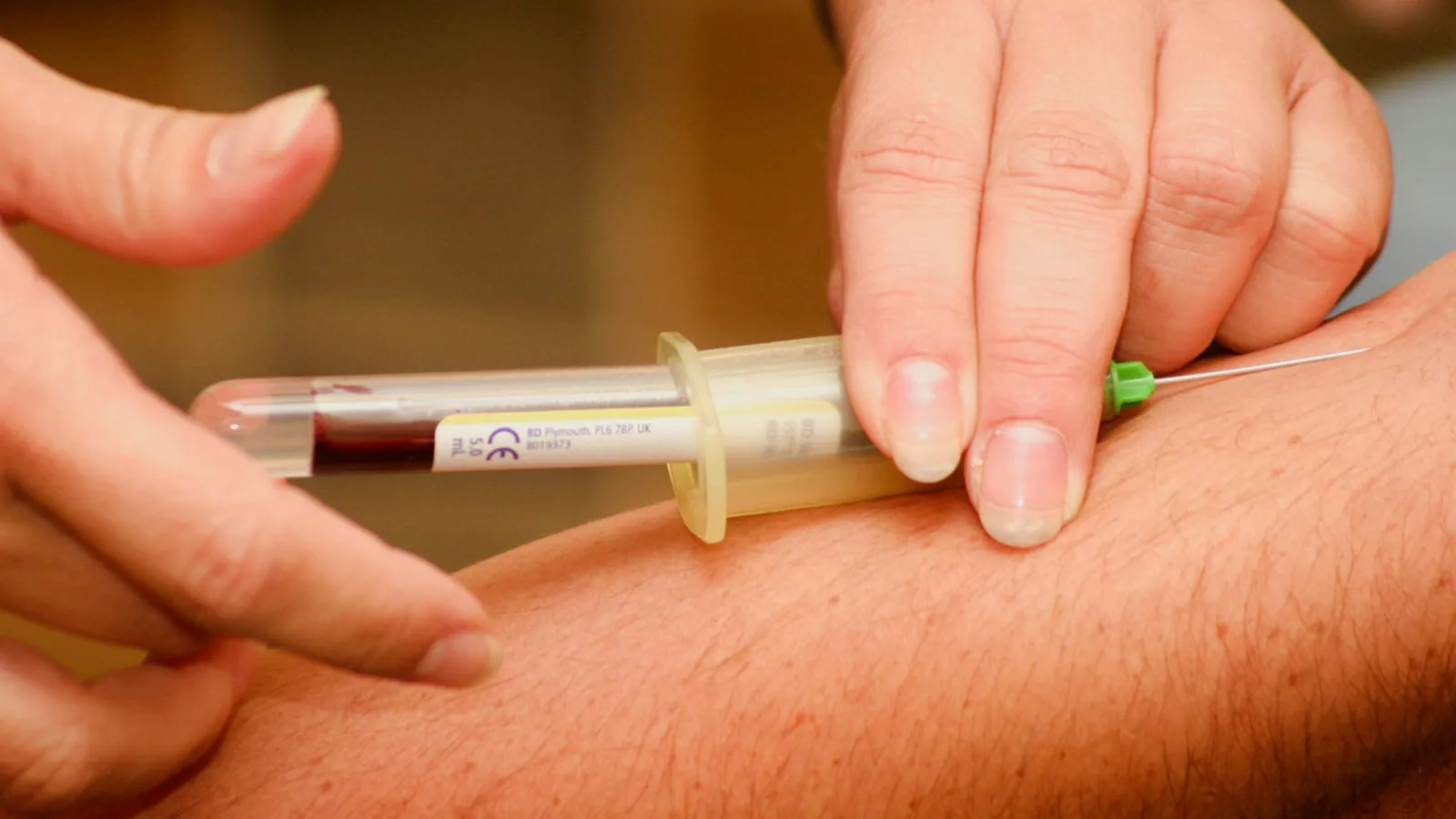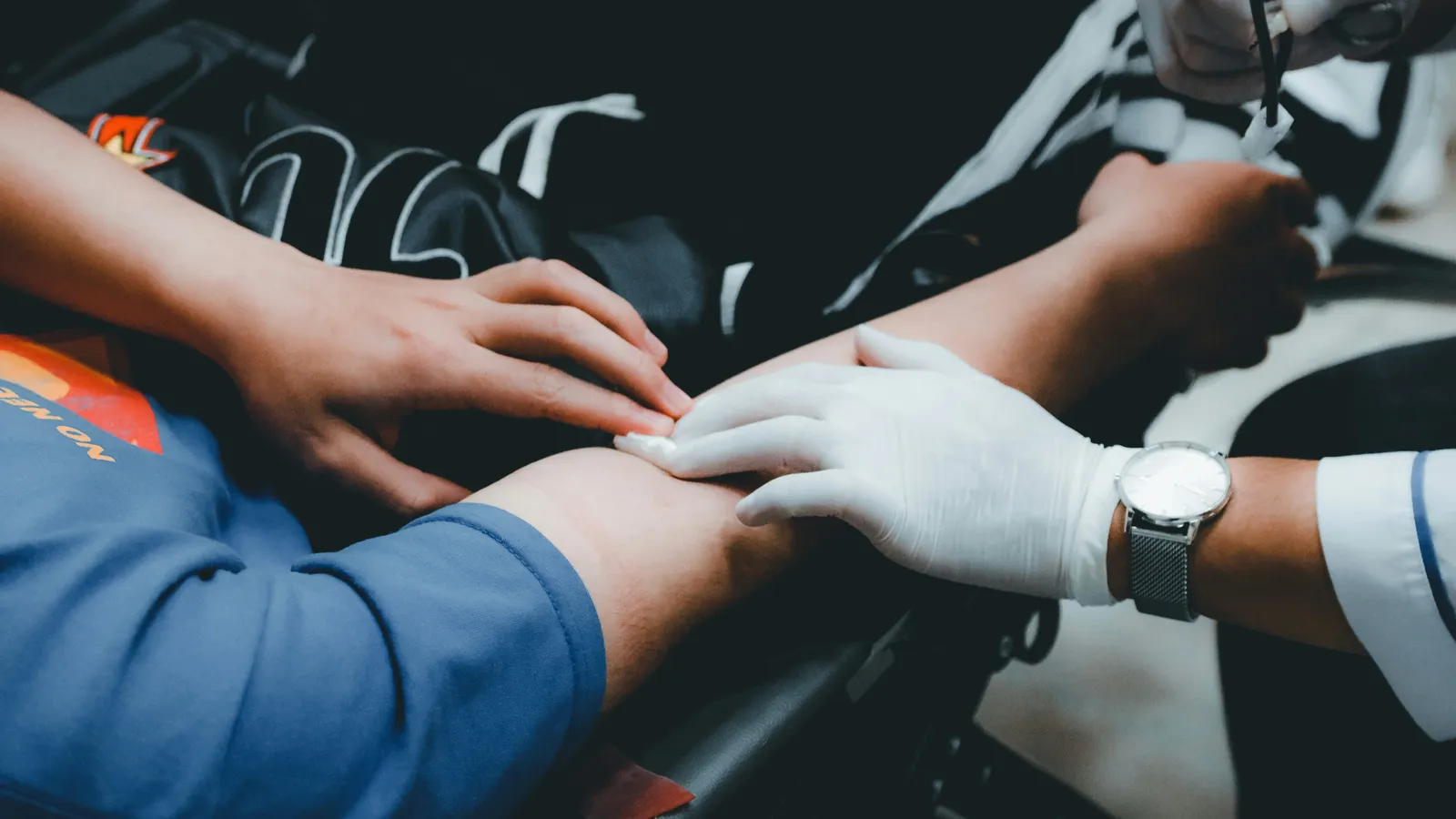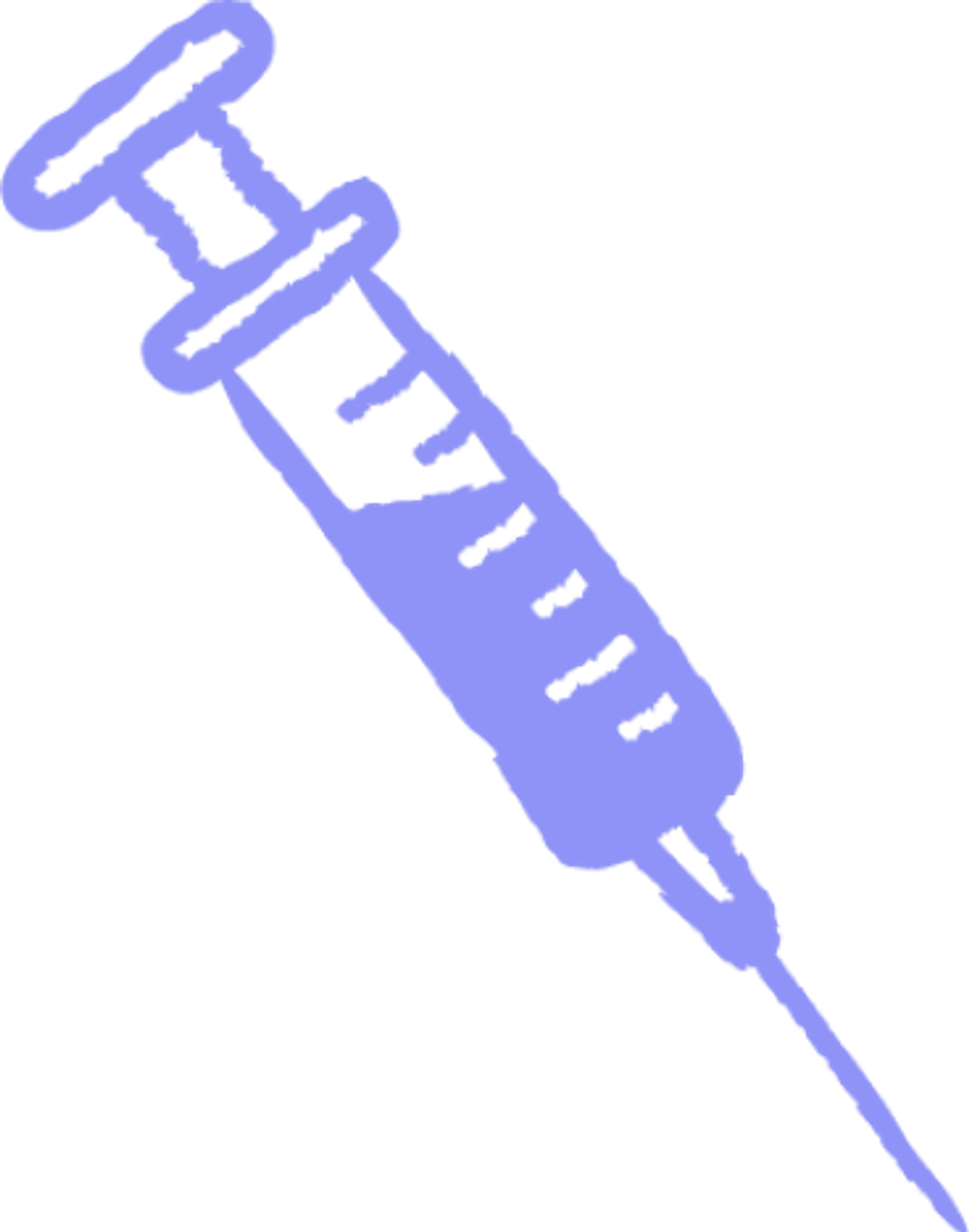Plasma 101
Who: Eligible donors between 18 and 63 can earn up to $560 a month in NY and up to $770 a month in FL.
What: Plasma is the yellow part of your blood that replenishes naturally.
Where: Queens, Brooklyn, The Bronx (NY), and Ft. Pierce (FL).
Why: Get paid to donate and help treat bleeding disorders, immune deficiencies, and more.
When: No appointment needed—walk in anytime before closing.
How to Make Your Plasma Donation Experience Better

Donating plasma is a simple way to make a big difference in someone's life. Your donation helps create treatments for people with serious health conditions like immune deficiencies and bleeding disorders. Plus, it’s a rewarding experience for donors, offering the chance to earn some extra cash while doing good. This guide is packed with practical tips to make your donation experience smooth, ways to tackle common fears, and what to expect after donating, so you’ll be ready and confident every step of the way.
Practical Tips for a Better Donation Experience
If you're a first-time donor or just starting on your plasma donation journey, these tips will help ensure a smooth and positive experience. From preparation to post-donation care, follow these guidelines to make your plasma donation as comfortable and beneficial as possible.
To ensure a successful plasma donation, it's important to stay hydrated before your appointment. Drinking plenty of water helps maintain good blood flow and makes the donation process smoother. Additionally, eating a healthy meal rich in iron and protein can boost your energy levels and keep your iron count up, which is essential for donation. Lastly, getting a good night's sleep before your appointment will help you feel rested and ready, reducing the likelihood of feeling dizzy or tired during or after the donation.
During Donation:
Wear comfortable clothing with sleeves that can be easily rolled up.
Bring a book or listen to music to stay relaxed.
Communicate with the staff if you feel unwell.
Post-Donation Care:
Avoid strenuous activities for at least 24 hours.
Drink plenty of fluids.
Eat a healthy snack immediately after donating.
Following these tips will help make your donation experience at Olgam Life smooth and positive, ensuring that you can contribute to life-saving treatments while staying comfortable and healthy.

Managing Fears and Concerns About Donation
Becoming a plasma donor is exciting, but it's normal to have nerves. Knowing what to expect can make a big difference. Whether it's your first time donating or you're feeling a bit anxious about the process, these tips will help you manage your fears and ensure a more comfortable experience.
Common Fears:
✔️Fear of needles.
✔️Concern about pain during the process.
✔️Anxiety about side effects.
Addressing Concerns:
Research the procedure to understand what to expect.
Talk to experienced donors or medical professionals.
Practice relaxation techniques such as deep breathing.
Steps to Reduce Anxiety:
Visit the donation center beforehand to familiarize yourself with the environment.
Bring a friend or family member for support.
Use distraction methods such as listening to music or watching videos.
Highlight personal stories or testimonials from donors who overcame their fears.
Plasma donation centers are equipped to provide a safe and supportive environment for donors. The staff is there to ensure your experience is as comfortable as possible and to address any concerns you might have. By donating plasma, you are giving life to those in need, making a significant difference in the lives of people with serious health conditions. Your plasma contribution is invaluable and greatly appreciated.

What to Expect After Donating Plasma
Your journey from donor to recipient is vital, and taking care of yourself is key to ensuring you can continue to make a difference. By looking after your health, you can donate plasma regularly and help save lives.
Immediate Aftermath:
Feeling of tiredness or dizziness.
Minor bruising or discomfort at the needle site.
Short-Term Recovery:
Hydrate and eat well. Drinking plenty of fluids and eating nutritious food helps replenish your energy and restore your body's balance.
Rest if feeling fatigued. Giving your body time to recover is crucial.
Monitor the needle site for any signs of infection. Keeping an eye on the site ensures any issues are caught early.
Long-Term Benefits:
Regular plasma donors often experience a sense of fulfillment. Knowing you're helping save lives can be incredibly rewarding.
Opportunity to help others and contribute to medical treatments. Your plasma donations make a significant impact on those in need of medical therapies.
Common Post-Donation Symptoms and Remedies
Symptom | Remedy |
Dizziness | Drink water, rest |
Bruising | Apply cold compress |
Fatigue | Eat a nutritious meal |
Remember, you can donate plasma regularly, but it's essential to take care of yourself to maintain your health and well-being.
















